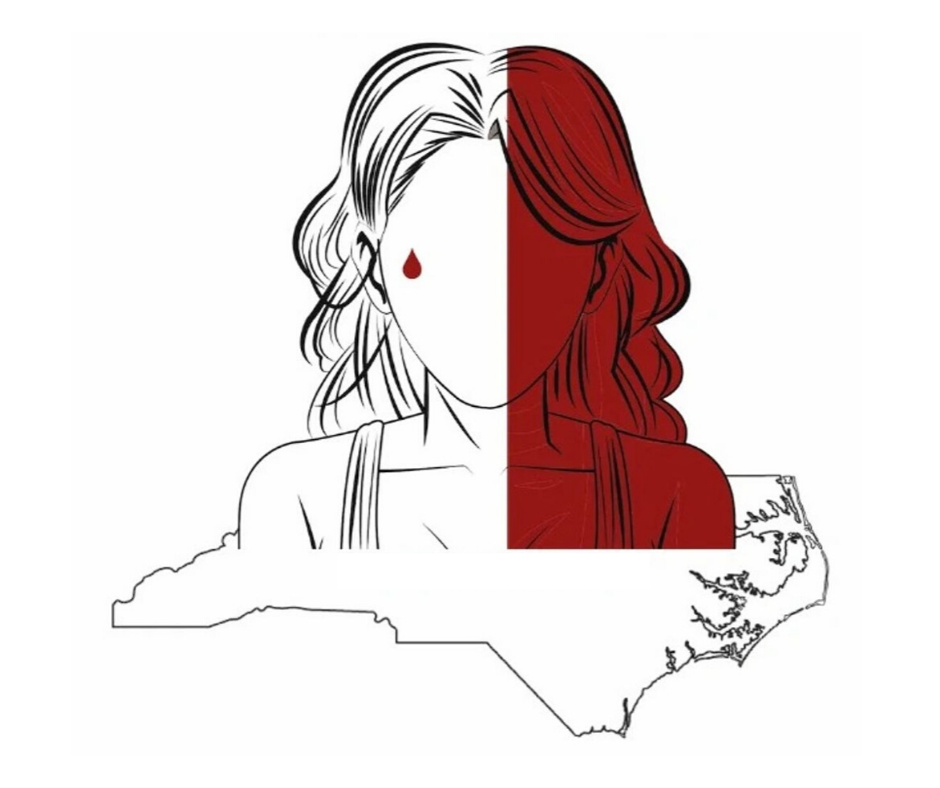 This recent North Carolina Senate Bill 168 is concerning. I wasn’t aware until another community advocate alerted me to it a couple days ago.
This recent North Carolina Senate Bill 168 is concerning. I wasn’t aware until another community advocate alerted me to it a couple days ago.
This was passed at 2:30 am on Saturday, June 27th by the NC General Assembly House and Senate, and was sneakily done in the cover of night with only one vote against the bill.
The section that is of concern was not in the original concept of the bill, and a majority of the bill pertained to grants.
This section 2.5 establishes that the records of any person, including those who die while in the custody of law enforcement, will be confidential and not available for public view without familial authorization.
This is an unprecedented move that will severely restrict the ability of non-profit and grassroots women’s advocacy groups like ours to monitor, record, and pursue cases of Missing and Murdered Indigenous Women and Girls in North Carolina.
Anyone who is a family member of a victim, a victim, or anyone involved in civics should strongly oppose Section 2.5 of this bill and urge Governor Roy Cooper not to sign it without major edits to ensure it does not impede justice for Missing and Murdered Indigenous Women and Girls.
Specifically, we urge the Governor to redact or remove Section 2.5.
After reviewing the members of the House and Senate in which I personally lobbied to create a North Carolina mandated task force, just shows how much politicians know about the issue of missing murdered indigenous women in North Carolina and how carelessly passing these laws without thinking, is a detriment to the cause.
I want to ensure that we are including our NC tribal nations, tribal communities, and urban areas so that we’re having an open and honest conversation and looking at how we move forward on this issue.
I have worked with several women and families to create Missing and Murdered Indigenous Women and Girls (MMIWG) movement in North Carolina and this will be gravely impacted by this legislation.
We are lobbying the NC General Assembly to create a task force to help combat the abduction, homicide, violence, and trafficking of Indigenous women.
Effectively addressing the problem of missing and murdered Indigenous women will require law enforcement, tribal leaders, victim advocates, and others to work collaboratively to collect data and identify solutions. The creation of this task force is an important step in the effort to combat this complex and serious problem.
Individual investigators rely on Sunshine Laws to follow up on reports of missing women, and to pursue investigations into unsolved cases regarding Missing and Murdered Indigenous Women and Girls.
Indigenous women in North Carolina, and most especially in Robeson County, are at particular risk of inappropriate and predatory solicitation by members of the law enforcement.
With the changes wrought by this bill, a woman who is raped, assaulted, or killed while in police custody loses the protection of public knowledge — members of the public will not be able to review official statements or information, request original reports, view law enforcement data related to her encounter, or in any other way investigate her case and work to hold officers and institutions accountable.
Because the law would require familial consent to make such reports and data public, the records of victims with no living relatives (e.g. teenage girls who have aged out of foster care) would be permanently inaccessible, leaving a dangerous loophole for opportunistic predators.
In instances after talking to several family members of the victims, even after being reported, law enforcement did not necessarily provide any type of missing person’s report or effort to locate their loved one. Violence against American Indian women and girls is an under-reported issue throughout NC and the US., and cases are often misclassified.
After I sent out a press release highlighting the concerns, I did hear from two representatives of NC, Senator Kirk deViere and Representative Joe John. There has been enough attention to Senate Bill 168 that both sides are actually working together to eliminate the problem provision.
I am glad that this is being addressed but it should have never gotten to this in the first place. To me it just seems that again we are still invisible, first as women but secondly as indigenous people of this land after all the lip service we get from the legislators and government administrations. We have to do better advocating for our women and girls.
 Crystal “Red Bear” Cavalier-Keck is an indigenous water protector and climate change advocate. She is the co-founder of 7 Directions of Service, and a citizen of the Occaneechi Band of Saponi Nation in Alamance County, NC.
Crystal “Red Bear” Cavalier-Keck is an indigenous water protector and climate change advocate. She is the co-founder of 7 Directions of Service, and a citizen of the Occaneechi Band of Saponi Nation in Alamance County, NC.

There are no comments
Add yours